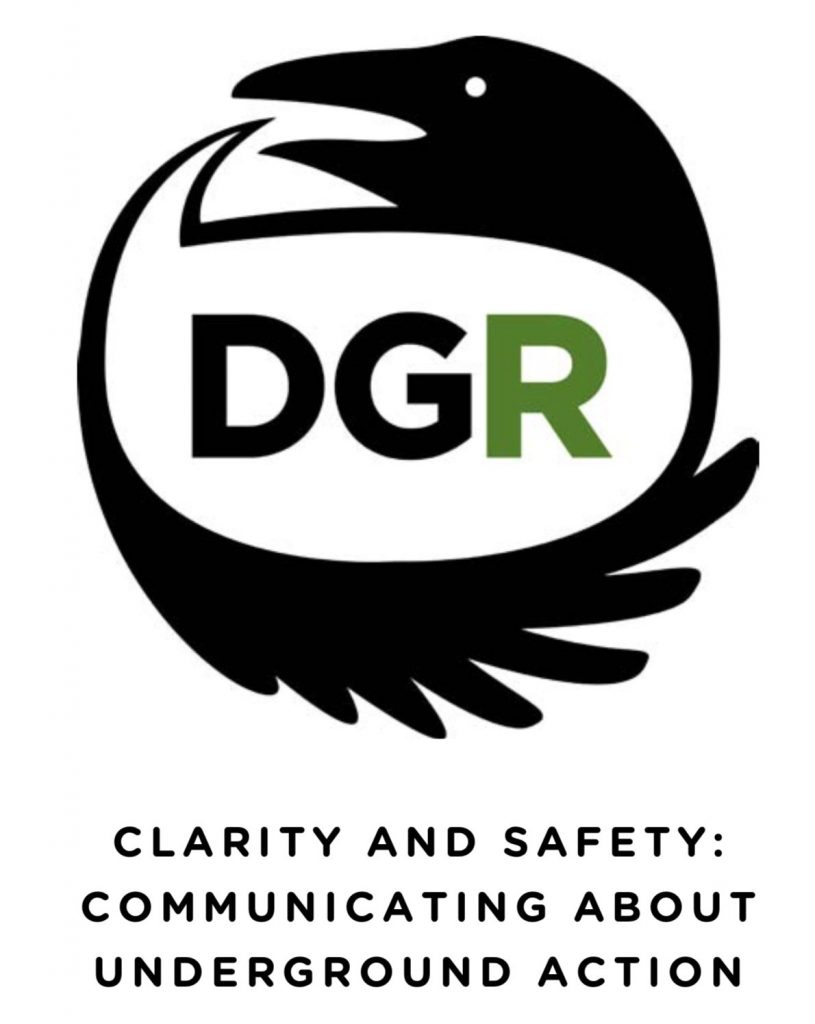 Introduction
Introduction
Perhaps the single most important aspect of our work as aboveground organizers and activists is to promote and normalize militant, underground resistance against industrial civilization. There is a lot of other important work that we do as well—organizing alternative institutions, landbase restoration, and aboveground political work to dismantle dominant power structures—but ultimately, civilization won’t be stopped (and we won’t be successful) without coordinated and strategic underground action. Working to promote and normalize militancy is incredibly important for aboveground individuals and organizations, because it prepares and tends the soil from which such action will spring. Without this support—a culture of resistance that embraces, celebrates, and promotes underground action—it is much more difficult for underground groups and networks to become established and be effective.
While this is a foremost priority for us, it can also be one of the most difficult parts of our work. Publicly speaking out in support of militancy and a diversity of tactics can be very scary, for entirely valid reasons. There is the fear that it will invite backlash and condemnation from those loyal to the status quo, as well as the fear that it will alienate us from friends and family, and perhaps most daunting of all, there is the fear that those in power will arrest and throw us in jail. Again, these are all perfectly valid fears, and ones that individuals should confront before deciding what they are and aren’t comfortable doing as part of a resistance movement.
That said, there is an array of things we can do and steps we can take to minimize those risks and navigate them more securely. The best thing to do is to familiarize yourself with good security culture practices and fully internalize those behavior patterns until they become automatic. For more on security culture, click here.
In addition to security culture, there are specific ways of talking about underground action that can help to minimize security risk and make your message more appealing and accessible for your audience. What follows are some basic “dos” and “don’ts” that we have learned from our experience speaking and communicating about militant resistance, as well as an overview of several commonly asked questions on the subject and ways to answer them.
